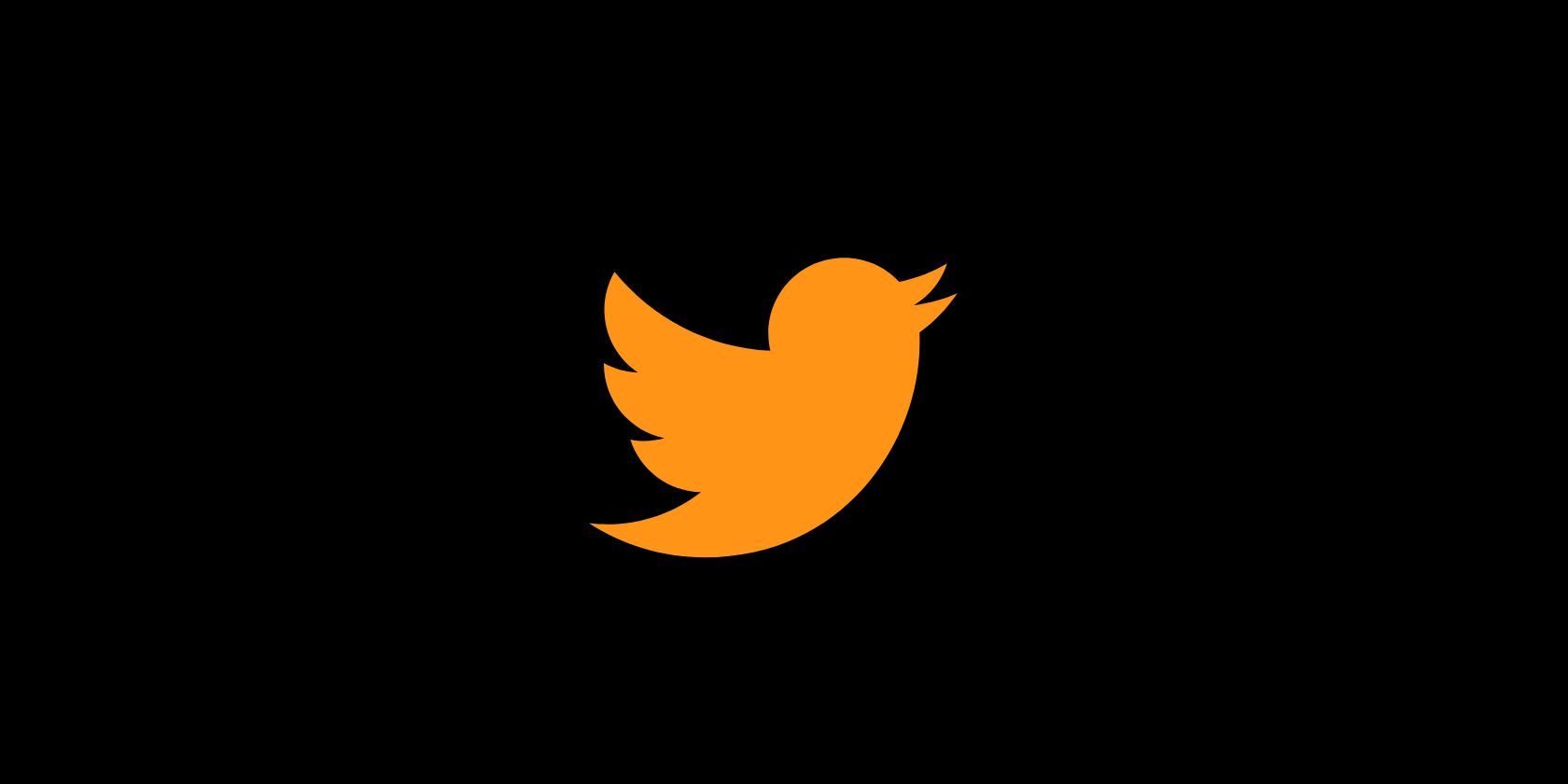Ass Job Twitter - Digital Tasks And Online Connections
Sometimes, the way we talk about things online can be quite a puzzle, especially when technical terms or very specific ideas pop up in everyday chats. You might hear a phrase and picture one thing, while someone else, maybe a person who works with video files or spends time on academic forums, thinks of something entirely different. This is, you know, a common thing when so many people from varied walks of life come together on platforms like Twitter or even specialized community sites such as Zhihu.
It's fascinating, really, how a single phrase can have so many layers of meaning, depending on who is saying it and where they are saying it. What one person considers a simple task, another might see as a complex undertaking involving very particular file types or specific ways of handling information. The digital space is, in some respects, a place where these different ways of looking at things often meet, sometimes creating moments of shared discovery, other times just a little bit of head-scratching.
When we think about the various "jobs" or activities people do online, whether it's managing content, sharing insights, or even just dealing with digital media, it’s clear that the words we use matter a great deal. A phrase like "ass job twitter" could, you know, spark a thought about the technical side of things for one person, while for another, it might just bring to mind the kind of quick, perhaps even a bit silly, interactions that happen on social media every day.
- Does Sabrina Carpenter Have A Wig
- When Will The Stephanie Plum Series End
- Dr Sandra Lee Kids
- David Smith Ex Husband Of Susan Smith
- Selena Gomez Joe Jonas
Table of Contents
- Decoding Digital Jargon - What's an 'ASS' Anyway?
- Is That an 'Ass Job' in Digital Media?
- The Many Kinds of 'Jobs' Online - Beyond the Technical
- How Do 'Ass Job Twitter' Conversations Happen?
- Academic Paths and Digital Echoes - What About the 'Job' Titles?
- Could a 'Job' Be Rejected - Like Papers on Twitter?
- The 'Ass Job Twitter' Connection - Where Do These Ideas Meet?
- What Challenges Come With 'Ass Job Twitter' Discussions?
Decoding Digital Jargon - What's an 'ASS' Anyway?
When you come across terms in the digital world, sometimes they mean something quite specific that isn't immediately obvious to everyone. Take, for example, the mention of an "ass" file. For many, that might sound a bit odd, but in the world of digital media, it actually points to a very common type of subtitle file. This format, often seen as an "Advanced SubStation Alpha" file, is basically a text file that holds all the information for displaying subtitles on a video screen. It's, you know, a pretty important part of making videos accessible to a wider audience, allowing for different languages or for people who might need text to follow along.
These files, the ones that often end with an ".ass" tag, can carry a lot more than just simple words. They can, in some respects, include details about how the text looks, like the font style, the color, where it shows up on the screen, and even cool effects. So, when someone mentions an "ass" file, they are usually talking about these detailed subtitle documents. It's really just a technical name for something that helps us enjoy our movies and shows with text on the screen, whether it's for translation or just to have the words there to read. You see these used with various video players, and they are, quite honestly, a big part of how many of us consume media today.
Is That an 'Ass Job' in Digital Media?
Thinking about the phrase "ass job twitter" and how it might connect to these subtitle files, one could, in a way, consider the work involved with them a specific kind of digital "job." Creating, editing, or even just integrating these ".ass" subtitle files into a video is a task that requires a bit of know-how. It's not always just a simple copy and paste; sometimes, it means making sure the timing is just right, that the text appears and disappears at the correct moments, and that it looks good on the screen. This work, in some respects, is a very particular type of digital craftsmanship.
- Tia Mowry Haircut
- Ddg And Halle Baby
- Cheryl Tiegs Fishnet Suit
- Cutest Baby In The World 2024
- Ireland Musical Act
When you have a video file, perhaps an MKV, and you want to add subtitles, that's where these "ass" files come into play. A video player like Potplayer, for instance, can readily take these files and show the words alongside the moving pictures. So, the "job" here is about managing these digital components to make a complete viewing experience. It's a task that, you know, makes video content more useful and enjoyable for many. This kind of work is, arguably, a very practical and helpful "ass job" in the digital media space, helping content reach more people.
The Many Kinds of 'Jobs' Online - Beyond the Technical
Beyond the technical side of things, like dealing with subtitle files, the online world is full of all sorts of "jobs" or activities that people take on. These aren't always formal roles with a paycheck, but they are tasks people dedicate time and effort to. Think about the people who spend hours creating interesting posts on platforms like Zhihu, sharing their experiences and thoughts on a wide array of subjects. That's, you know, a kind of "job" of content creation, offering value to a community. Or consider someone who helps others figure out how to use a browser extension like Tampermonkey, or how to download files from a specific link; these are all acts of assistance, a sort of service "job" that keeps the digital world running smoothly.
These online "jobs" can range from sharing personal stories to explaining complex ideas, or even just helping to organize information. They often involve a lot of communication and interaction with others. It's really about contributing to the shared pool of knowledge and entertainment that makes the internet such a lively place. So, while a technical "ass job" might relate to subtitles, there are, in some respects, countless other "jobs" that people do every single day that shape our online experiences. These are, you know, the informal tasks that build communities and spread information, making the online space what it is.
How Do 'Ass Job Twitter' Conversations Happen?
When people talk about something like "ass job twitter," it's interesting to consider how these kinds of conversations pop up on social platforms. Sometimes, it might be a quick comment about a specific task, perhaps a technical one, that someone finds a bit difficult or even a little bit annoying. For instance, if someone is struggling with getting an ".ass" subtitle file to sync perfectly with a video, they might, you know, express their frustration or ask for help on a platform where many people are listening. This is where a very specific "ass job" could become a topic of discussion on Twitter, leading to quick exchanges or even a bit of shared humor about a common digital headache.
Other times, these conversations might stem from a misunderstanding or a misinterpretation, much like someone confusing a journal name like JMLR with JIMR. People might, in some respects, use a term in a casual way, not realizing its technical meaning, and this can lead to a bit of confusion or even a funny moment online. The informal nature of platforms like Twitter means that words and phrases can take on new life, sometimes moving far from their original, more precise definitions. It's really about how language shifts and changes when used in fast-paced, public conversations, where a specific "ass job" might be understood in many different ways by a diverse group of people.
Academic Paths and Digital Echoes - What About the 'Job' Titles?
Thinking about "jobs" also brings to mind more formal roles, like those in academia. The way universities in places like the United States structure their teaching and research positions, going from an Assistant Professor to a Chair Professor, is, you know, a very clear progression of "job" titles. Each step along that path represents a different level of responsibility, experience, and contribution within a field. These are the kinds of "jobs" that people dedicate many years of study and work to achieve, often involving a lot of publishing and presenting their ideas to others. It's a structured career path, quite different from the informal tasks we might see online, but still a "job" in every sense of the word.
Even these very formal academic "jobs" and the journey to get them can, in some respects, find their way into online conversations. People might share their experiences with these career paths, talk about the challenges, or even celebrate their successes on platforms where others can see and comment. So, while the phrase "ass job twitter" might not directly refer to these academic roles, the general idea of a "job" or a career path, and the discussions around it, certainly do have a place in the broader online conversation. It shows how even the most serious and structured "jobs" can have a digital echo, where people share their thoughts and feelings about their professional lives.
Could a 'Job' Be Rejected - Like Papers on Twitter?
The path to achieving a particular "job" or even getting recognition for one's work can often involve setbacks. Consider the story of an author whose research paper faced rejection from several top journals, like Small, Chem+Mater, and Carbon, before finally getting a chance to be reviewed by JCIS. This experience, you know, is a very real part of the academic "job" of research and publication. It's a reminder that even when you put in a lot of effort, sometimes the outcome isn't what you hoped for right away. This kind of perseverance, facing multiple "no" answers before a potential "yes," is a common thread in many professional journeys.
These stories of rejection and eventual success, or even just the struggle itself, are often shared on social platforms. Someone might, in some respects, tweet about their experience with a difficult submission process, perhaps using a phrase like "ass job twitter" to describe the frustrating nature of getting their work accepted. It's a way for people to connect over shared difficulties and to find support or even just a bit of humor in the challenges of their "jobs." The online space becomes a place where these very human experiences of effort, disappointment, and eventual triumph are put out there for others to see and react to, showing that even the most formal "jobs" have a very personal side that gets expressed online.
The 'Ass Job Twitter' Connection - Where Do These Ideas Meet?
So, when we bring together the idea of a specific technical "ass" (like a subtitle file) with the broader concept of a "job" (whether it's a digital task, a career path, or a personal project) and then place it on a platform like Twitter, we start to see how diverse meanings can overlap. The phrase "ass job twitter" might, in some respects, simply be a shorthand for a particular kind of digital work that happens to involve the ".ass" file format, discussed or shared on social media. It's a way for people in specific niches to communicate quickly about their daily tasks or challenges. For instance, someone might ask for help with an "ass" file issue, or share a tip about it, and that interaction takes place on Twitter.
The connection is really about how specialized language and everyday conversation mix in the fast-paced world of social media. What might seem like an unusual phrase to an outsider could, you know, be perfectly normal within a particular community that deals with video editing or subtitle creation. It highlights how platforms like Twitter act as gathering places for people with shared interests, allowing them to talk about their specific "jobs," both formal and informal, and the tools they use, even if those tools have names that sound a bit funny to others. It's, basically, a reflection of how our digital lives often involve a blend of very specific technical details and very casual social interactions.
What Challenges Come With 'Ass Job Twitter' Discussions?
One of the interesting challenges that comes with discussions like those around "ass job twitter" on social platforms is the potential for misunderstanding. Because words and phrases can have so many different meanings, especially when technical terms cross over into general conversation, it's not always clear what someone means. For instance, if someone mentions an "ass job" on Twitter, are they talking about a task involving ".ass" files, or are they, you know, using a more informal, perhaps even a bit playful, way to describe a difficult or tedious task? This ambiguity is a very real part of online communication, where context can sometimes be lost in short messages.
Another challenge is how quickly information, or even misinformation, can spread. Just as a company's efforts with a new chip might be quickly judged based on initial perceptions, discussions about a specific "ass job" on Twitter can also take on a life of their own. People might jump to conclusions or interpret things in ways not intended by the original poster. This is, in some respects, just the nature of public online conversations. It means that while these platforms are great for sharing and connecting, they also require a bit of care in how we phrase things, and a little bit of patience when trying to figure out what someone else means, especially when discussing a specific "ass job" or any other specialized task.
- Catherine Ohara And Bo Welch
- Eva Longoria Age In Desperate Housewives
- Shrek 5 Pushed Back
- Conner Barba
- Dave Coulier Alanis

What Is Twitter's Verified Organizations Subscription?

Twitter | Scrolller

Twitter | Scrolller